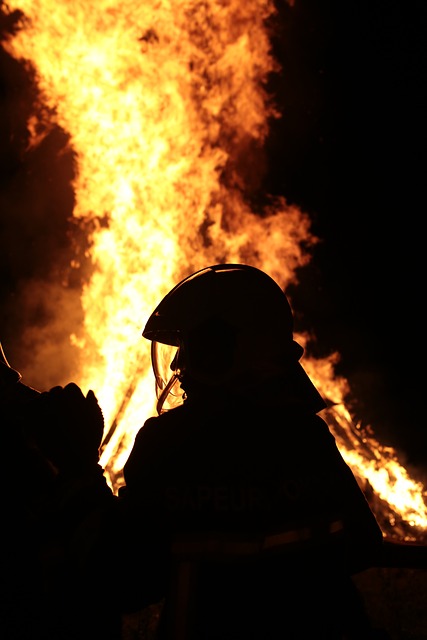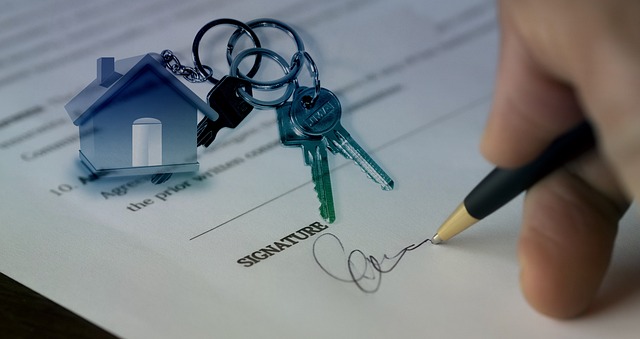Selling a fire-damaged property in Houston, Texas, requires strict adherence to state property disclosure laws. Both parties must disclose relevant information about structural damage, repairs, insurance status, and legal claims to ensure transparency. This process is crucial for buyers making informed decisions and for sellers avoiding legal disputes, especially considering the potential hidden issues like electrical problems or mold growth associated with fire damage. Understanding these laws is vital for a smooth sale and protecting all involved when dealing with fire-affected real estate in Houston.
“Navigating the complex landscape of Texas property disclosure laws is essential for anyone looking to sell fire-damaged property in Houston. This comprehensive guide breaks down the regulations, clarifying what constitutes fire damage and highlighting legal implications. In Houston, transparency during real estate transactions is paramount, especially when disclosing fire damage.
We’ll explore the steps involved in disclosing fire damage effectively, ensuring compliance with local laws while considering potential exclusions. By understanding these rules, sellers can avoid legal pitfalls and facilitate a smoother process when selling fire-affected properties.”
- Understanding Texas Property Disclosure Laws
- What constitutes Fire Damage?
- Disclosing Fire Damage During a Sale in Houston
- Legal Implications and Exclusions
Understanding Texas Property Disclosure Laws

In Texas, selling a fire-damaged property in Houston comes with specific legal considerations. Understanding property disclosure laws is crucial for both sellers and buyers to ensure transparency and mitigate potential risks. These laws require that any known issues or damages be disclosed to potential buyers, giving them the information they need to make informed decisions about purchasing a property.
When it comes to selling fire-damaged homes in Houston, Texas property disclosure forms must include details about any structural damage, repairs needed, and the extent of the fire’s impact. Sellers must disclose whether the property was previously insured, the nature and cost of any renovations, and if there are any ongoing legal issues or claims related to the incident. This transparency is designed to foster trust between buyers and sellers while ensuring that buyers in Houston are fully aware of the current state of the property they intend to purchase.
What constitutes Fire Damage?

When it comes to Texas property disclosure laws, understanding what constitutes fire damage is essential for both sellers and buyers, especially in a bustling city like Houston. Fire damage can range from visible scorch marks and charred remains to more subtle, hidden issues. It’s not just about a structure being engulfed in flames; any incident involving a fire can leave behind remnants that impact the property’s value and safety.
In the context of selling fire-damaged property in Houston, it’s crucial to disclose any known or suspected fire damage, even if repairs have been made. This includes situations where a fire was contained to a specific area, such as a kitchen or attic, and structural integrity has been restored. Buyers should be informed about the extent of the damage, the timeline for repairs, and any ongoing issues that might affect resale value or safety, like compromised electrical systems or hidden mold growth due to water damage during the firefighting process.
Disclosing Fire Damage During a Sale in Houston

When selling fire-damaged property in Houston, Texas, disclosure laws mandate that sellers reveal any significant incidents or damage that could impact a buyer’s decision. This includes disclosing previous fires and the extent of the damage sustained. The Texas Property Disclosure Form is a crucial document in this process, requiring sellers to list all known defects, including structural issues, water damage, and—in this case—fire-related problems.
Buyers have the right to know about any potential hazards or repairs needed before purchasing a home. If a property has experienced fire damage, it’s essential to provide detailed information about when the incident occurred, the extent of the restoration work done, and if there are any remaining issues that need addressing. Transparency throughout this process is beneficial for both parties, ensuring a smooth sale and averting potential legal complications in the future.
Legal Implications and Exclusions

When selling a fire-damaged property in Houston, understanding Texas’ property disclosure laws is crucial to avoid legal pitfalls. These laws require sellers to disclose known defects or hazards that could impact a buyer’s decision. However, there are certain exclusions and implications to keep in mind. For instance, if the damage was caused by an act of God, such as a severe storm or fire, the seller may not be legally obligated to disclose specific details about the extent of the damage.
While this provides some relief for homeowners, it’s essential to remember that buyers have rights too. They are entitled to know if there are any potential risks associated with the property, including structural issues or environmental hazards that could affect their health or safety. Therefore, even if a fire-damaged property is exempt from certain disclosure requirements, sellers should exercise transparency and provide relevant information to prospective buyers, especially when it comes to matters that could impact the cost of repairs or future living conditions in Houston.
Selling a fire-damaged property in Houston involves adhering to Texas’ specific disclosure laws. Understanding what constitutes fire damage and how to disclose it accurately is crucial to avoid legal implications. While there are certain exclusions, being transparent with potential buyers about the property’s history fosters trust and ensures a smooth transaction. When selling fire-damaged real estate in Houston, consult legal experts to navigate these regulations effectively.






